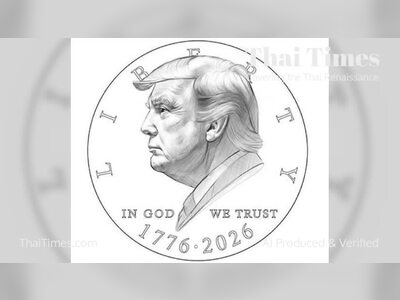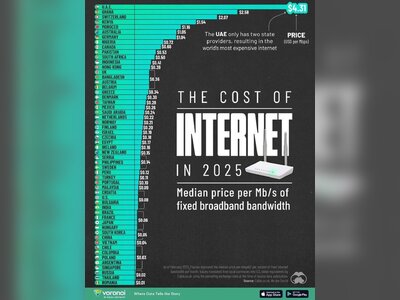Trump's Return Raises Questions for Southeast Asia
Regional leaders weigh the impact of a second Trump term on trade, diplomacy, and relations with China
As Southeast Asian nations grapple with U.S. President-elect Donald Trump's anti-immigrant rhetoric and trade war threats, his impending return to power is putting the region's trade-dependent nations on edge while easing concerns among authoritarian regimes. Former Thai Foreign Minister Kantathi Suphamongkhon noted that Trump's lack of interest in promoting democracy and human rights could mean less pressure on governments with such issues.
Trump's potential escalation of a U.S.-China trade war may benefit countries like Indonesia, Thailand, and Vietnam, as companies might relocate operations from China to Southeast Asia to avoid tariffs. However, this shift could force regional nations to choose between aligning with the U.S. or China, a dilemma they are keen to avoid. Analysts suggest that while China's influence in the region grows, Trump's strong anti-China stance could strengthen ties with countries feeling pressured by Beijing.
Thailand, a key U.S. ally, may see continued military and economic cooperation but must balance relations carefully to avoid upsetting either superpower. Meanwhile, Cambodia, with close financial ties to China, could face increased scrutiny from Washington. As Trump prepares to take office again, Southeast Asian leaders are adjusting their diplomatic strategies to navigate the complexities of U.S.-China relations under his leadership.
---
Trump's potential escalation of a U.S.-China trade war may benefit countries like Indonesia, Thailand, and Vietnam, as companies might relocate operations from China to Southeast Asia to avoid tariffs. However, this shift could force regional nations to choose between aligning with the U.S. or China, a dilemma they are keen to avoid. Analysts suggest that while China's influence in the region grows, Trump's strong anti-China stance could strengthen ties with countries feeling pressured by Beijing.
Thailand, a key U.S. ally, may see continued military and economic cooperation but must balance relations carefully to avoid upsetting either superpower. Meanwhile, Cambodia, with close financial ties to China, could face increased scrutiny from Washington. As Trump prepares to take office again, Southeast Asian leaders are adjusting their diplomatic strategies to navigate the complexities of U.S.-China relations under his leadership.
---











